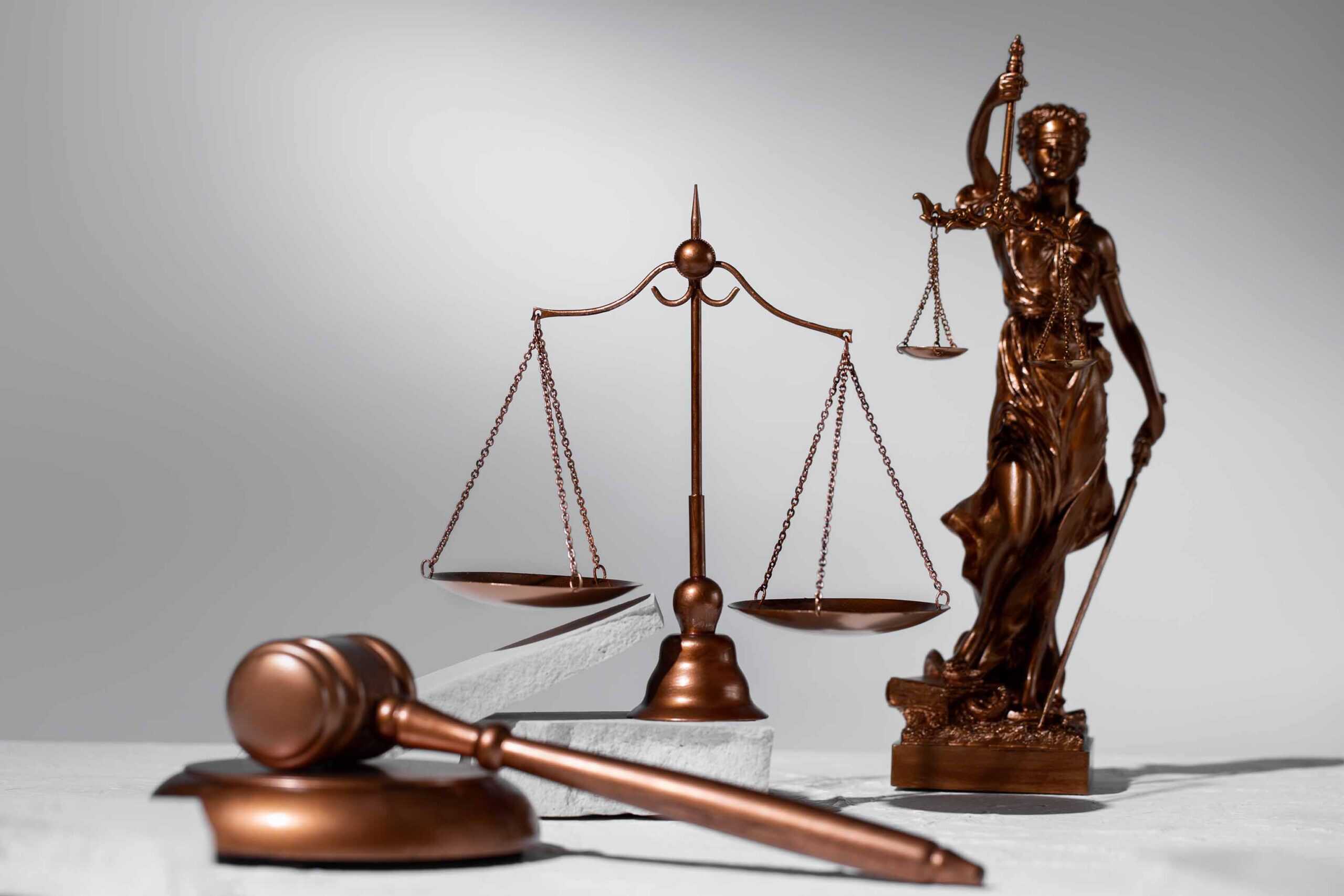
Application Number: 2020/23093
Decision Date: 15/02/2024
Official Gazette Publication Date: 15/11/2024
Summary; The Constitutional Court accepted the conviction decision of the committee, which did not listen to the witnesses in person in the criminal proceedings, by evaluating the reliability of the witness statements only on the basis of the minutes, as a violation of the right to a fair trial within the scope of the Right to a Fair Trial guaranteed under Article 36 of the Constitution and accepted the applicant’s application.
Subject: The applicant, Erdal Sonduk, was convicted of the offence of loan sharking as a result of the case against him; he appealed against the judgement of conviction. Upon the rejection of the appeal application by the Regional Court of Appeal, the conviction was finalised. Thereupon, he applied to the Constitutional Court with application number 2020/23093 on the grounds that his right to a fair trial was violated.
Event: The applicant claimed that although the witnesses whose statements were taken as a basis for the conviction decision were not heard by the court panel that issued the verdict, the decision to sentence him by making evaluations as if they had been heard by this panel violated the right to a fair trial guaranteed by the Constitution.
Evaluation: The principle of directness is recognised as a special aspect of the right to an equitable trial. The aforementioned principle means that the judge has direct contact with the evidence that is claimed to illuminate the case and is informed about the evidence without any intermediary. This assessment is extremely valid in terms of witness evidence. Because the observations made by the court about the demeanour and credibility of a witness during his/her testimony are very important for the understanding of the material truth.
A change in the composition of the judicial panel alone is not a sufficient reason to conclude that the right to a fair trial has been violated. There may be circumstances that make it impossible for a judge to participate in the proceedings on a permanent basis for justifiable reasons, such as health problems, resignation, transfer, retirement or assignment to another court. In such cases, it is necessary to examine whether the change of judges undermines the fairness of the proceedings as a whole and whether compensatory safeguards are provided in this context.
In this context, the reading/examination of the minutes in which the statements of the witnesses heard in the previous sessions of the hearing were dictated may also be considered as a compensatory assurance. However, in cases where it is necessary or obligatory for the evidentiary value of witness statements to be based on observations and determinations that can be obtained by hearing the witnesses in person, the consistent objections of the defence in this regard should be taken into consideration and evaluated by the trial court or the legal remedy authorities.
In the concrete case, the court committee, which did not attend the hearings of the witnesses whose statements constituted the basis for the conviction, decided to convict the defendant on the grounds that ‘a full conscientious conviction was formed that the participant witnesses made unbiased statements and that the statements of the defence witnesses contrary to the ordinary course of life and intended to cover up the truth would not be credited’. The court explained why the statements of the witnesses reported by the participant against the other witness statements were given precedence with this justification. Considering the content of the aforementioned justification, it is seen that the impressions that can be obtained as a result of the observations to be made while the witnesses are making statements are also taken into consideration in the evaluation. Because, while determining the evidential value of the witness statements, the court referred to these impressions/conclusions that may be formed by observation. In the concrete case, it was concluded that this situation was incompatible with the principle of directness, since the court panel, which changed after the hearing of the witnesses and ruled for conviction, obtained these impressions only by reading the minutes and made a decision accordingly.
For the reasons explained, the Constitutional Court decided that the right to a fair trial within the scope of the right to a fair trial was violated.
Conclusion: This decision is a very important decision on the defendants’ right to a fair trial, which is guaranteed by Article 36 of the Constitution, by emphasising the importance of the application of the principle of directness from a very innovative point of view. In addition, it touches upon very important points that violate the principle of directness, such as the constant change of court committees in our country, the very long duration of the trials, the fact that the committee that starts the trial is not the same as the committee that ends the trial. When analysed from this aspect, the Constitutional Court’s decision will prevent the fact that the trial is seen as a formality, which is one of the biggest problems in criminal proceedings, and that the trials actually constitute the essence of criminal proceedings. Therefore, it is a requirement of the right to a fair trial and equity to continue the trial without interruption, to conduct the trial with the same judges, to have the same judge start and end the trial and to render a verdict without changing the court panel or the judge of a court who will render the verdict.
